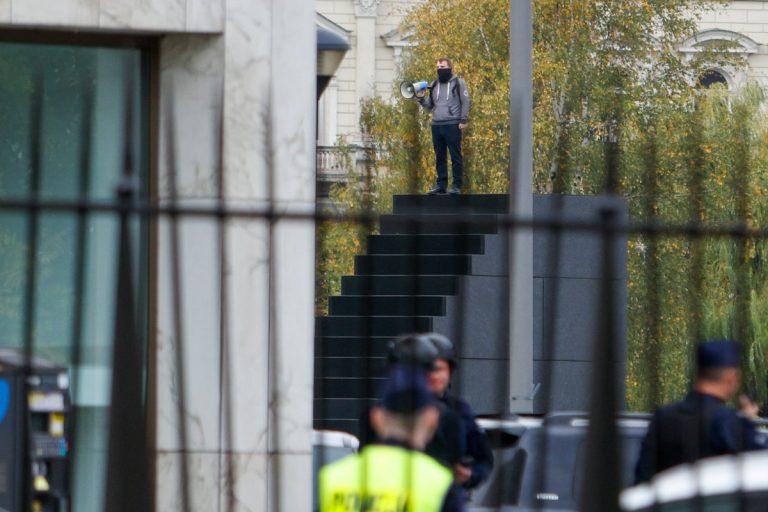Germany begins conducting checks at all its land borders

Your support helps us to tell the story
Find out moreClose
As your White House correspondent, I ask the tough questions and seek the answers that matter.
Your support enables me to be in the room, pressing for transparency and accountability. Without your contributions, we wouldn’t have the resources to challenge those in power.
Your donation makes it possible for us to keep doing this important work, keeping you informed every step of the way to the November election
Andrew Feinberg
White House Correspondent
Germany on Monday began random checks at its borders with five Western European nations as it seeks to crack down on irregular migration, expanding a system of controls that are already in place at four other borders.
The police controls began at the borders with France, the Netherlands, Belgium, Luxembourg and Denmark on Monday morning and are due to continue for six months. Germany has already been carrying out the checks at its borders with Poland, the Czech Republic, Austria and Switzerland since last year.
Germany, a European Union member, announced last week that it was expanding border checks to all nine of its land borders this week as part of an effort to crack down on irregular migration and crime following recent extremist attacks.
Last month, a knife attack blamed on a Syrian asylum-seeker in Solingen killed three people. The suspect claimed to be inspired by the Islamic State group. In June, a knife attack attributed to an Afghan immigrant left a police officer dead and four other people wounded.
The border controls are testing European unity because it is seen by some as a step away from the spirit of the EU’s free travel arrangement known as Schengen. The freedom of citizens in Europe to travel freely across borders for work and pleasure is one of the most beloved benefits of the EU.
According to the EU, member states are allowed to temporarily reintroduce controls at the EU’s so-called internal borders in case of a serious threat, such as one to internal security. But it also says border controls should be applied as a last resort in exceptional situations and must be time-limited.
Such limitations are often put in place during major sporting events, including the recent Olympic Games in Paris and the European soccer championship.
The unpopular coalition government of Chancellor Olaf Scholz has imposed the border controls as it seeks to crack down on irregular immigration after the far right did well in two recent state elections in eastern Germany. Another is coming next Sunday in Brandenburg, the state surrounding Berlin.





